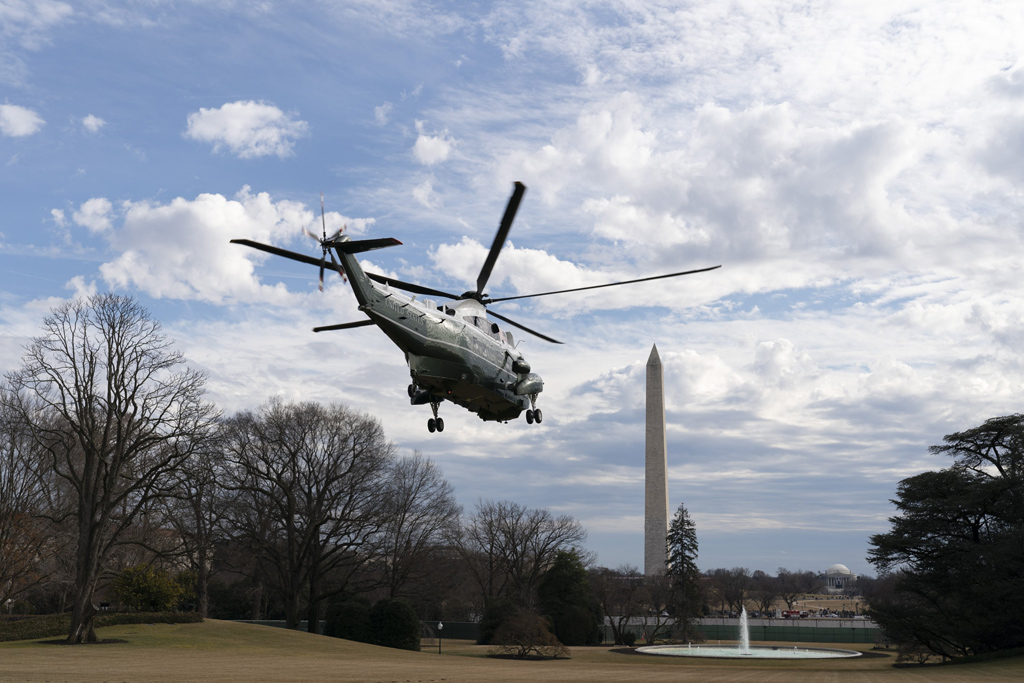Guidance insight
The content of the strategic guidance is not much different than earlier statements by Biden's foreign policy team. It aims to reassure allies that the U.S. will be back and play the global leadership role, in accordance with Biden’s style. In this new U.S. foreign policy, the Biden team is trying to prioritize the issues that will necessitate cooperation and coordination among U.S. allies. The document mentioned several issues including fighting against COVID-19, climate change and establishing effective technology cooperation as the key areas the U.S. seeks to work on with allies. In multiple instances, the report underlines that the U.S. will not be able to deal with these global challenges alone. So, then who are these allies? The report did not enumerate all of the allies but mentioned countries in the Asia-Pacific region, including Japan, South Korea and Australia as well as international organizations such as NATO and the European Union. According to the report, in order to achieve efficient cooperation among U.S. allies, the first step should be revitalizing the democracies, which is mentioned as the biggest advantage of these countries in this increasingly complex international sphere. In other words, the common denominator will be "democracy," and such goals can be achieved with the cooperation of democracies. Seemingly, according to the Biden administration, cooperation in areas such as the environment, the pandemic and technology will lead allies to work on global challenges facing the U.S. such as tension with Russia and China.What is missing?
However, there are some uncertainties in this plan. First of all, in order for this to be more than just wishful thinking, the U.S. administration needs to come up with plans to build long-term confidence with allies in Europe and Asia. Yes, the U.S. now may be back and the administration may have a plan; however, it has been a while since the U.S. has been missing and the previous administrations were extremely indecisive. In this period, a lot of U.S. allies tried to find alternative paths in order to ascertain their security in different unstable regions. Secondly, it is true that the world will need international cooperation to tackle global problems. However, there is a major question mark in regard to the position of the different U.S. allies on Russia and China. The Munich Security Conference demonstrated these differences very openly. Despite the goodwill and trans-Atlantic spirit, there were major differences when it comes to significant policy issues. Thus, in the next few months, we will see if the U.S. allies in different parts of the world are ready to respond to the U.S. calls in regard to cooperation and coordination. If they decide to do so, we will soon see the extent of their cooperation.
[Daily Sabah, March 6, 2021]







